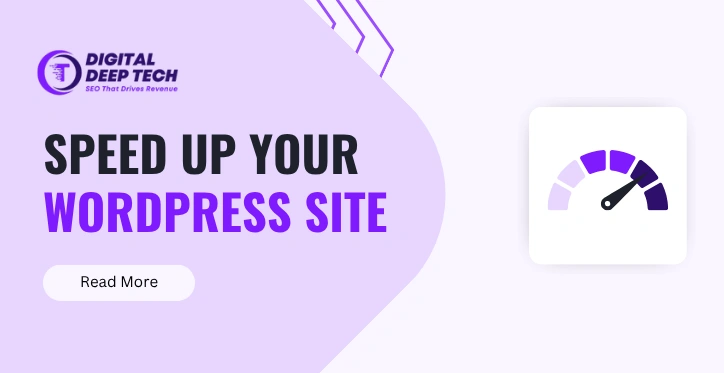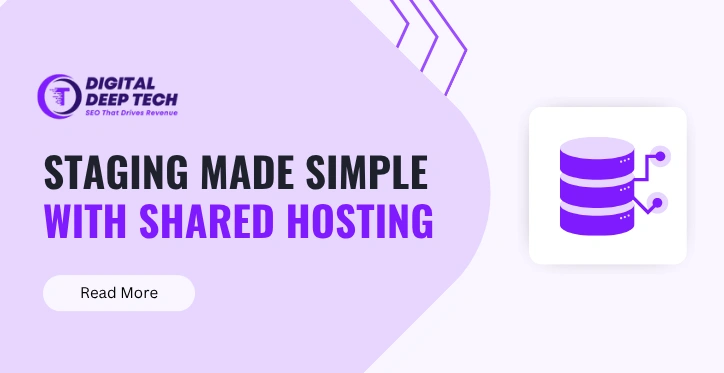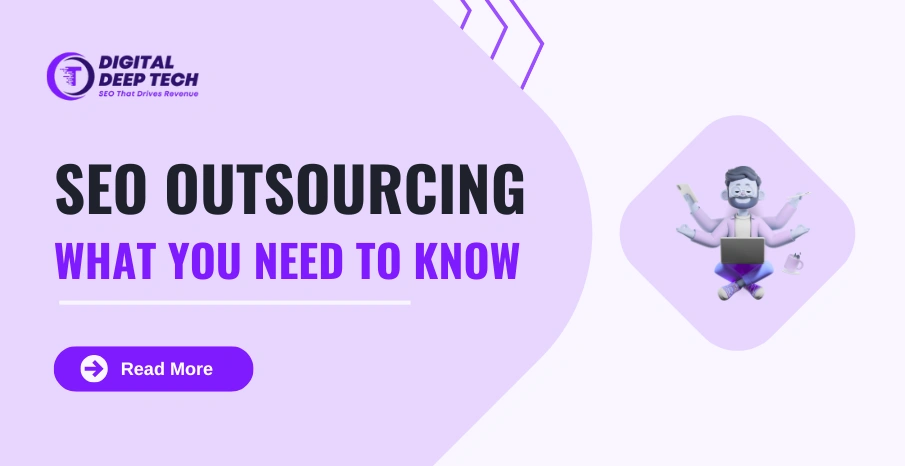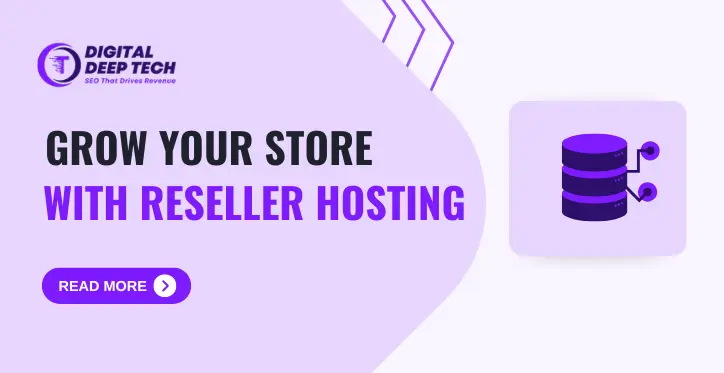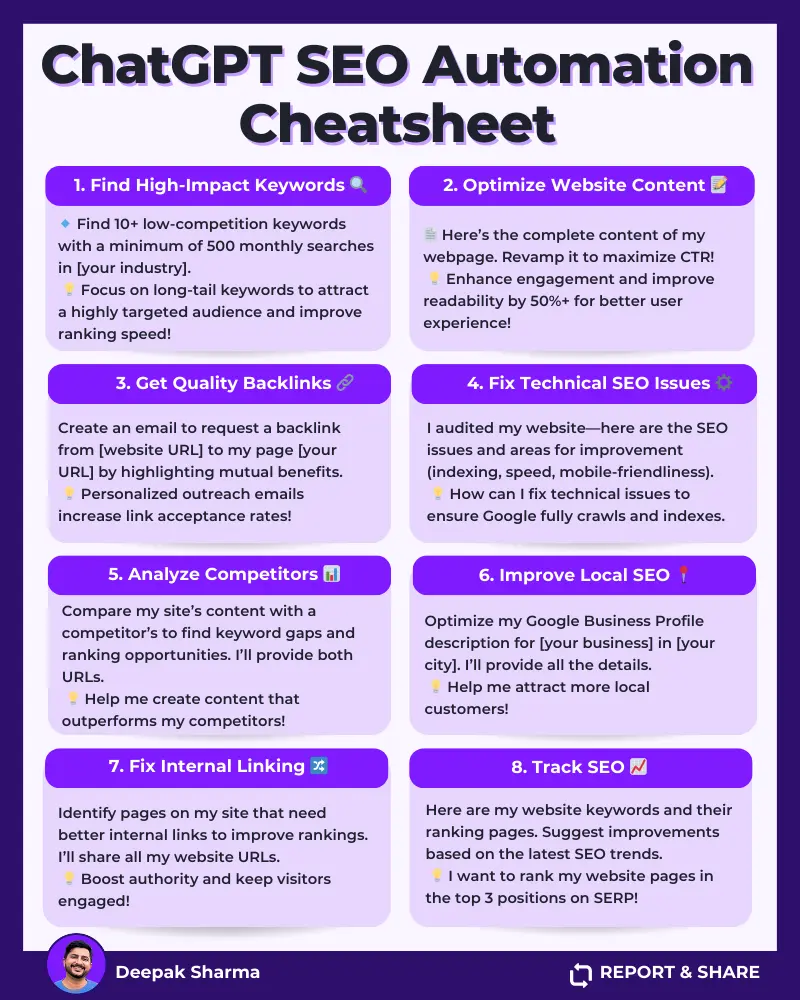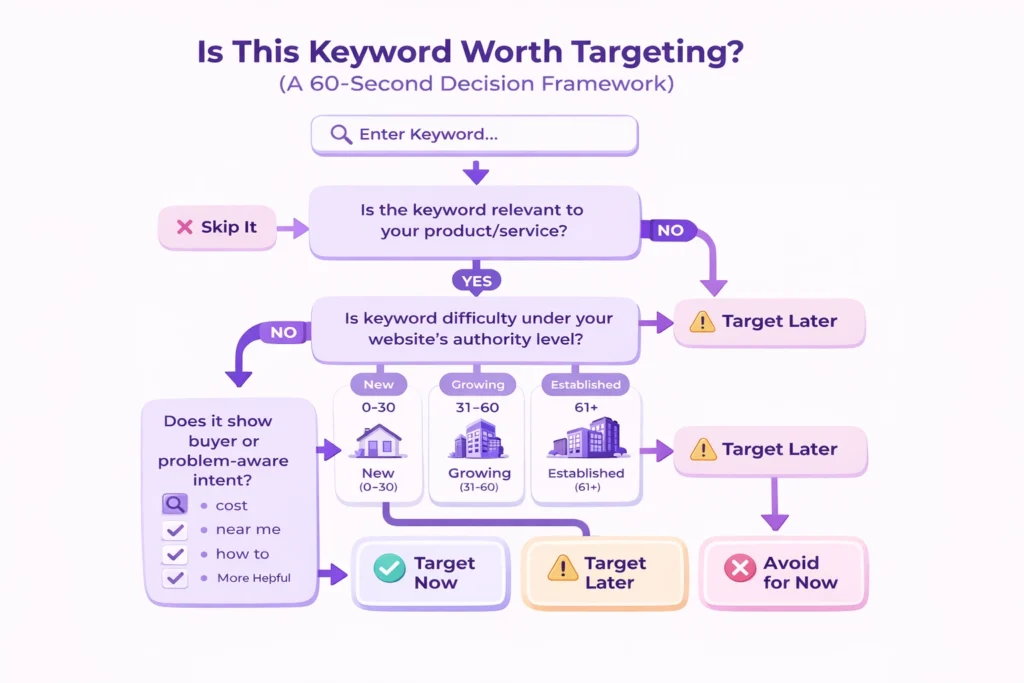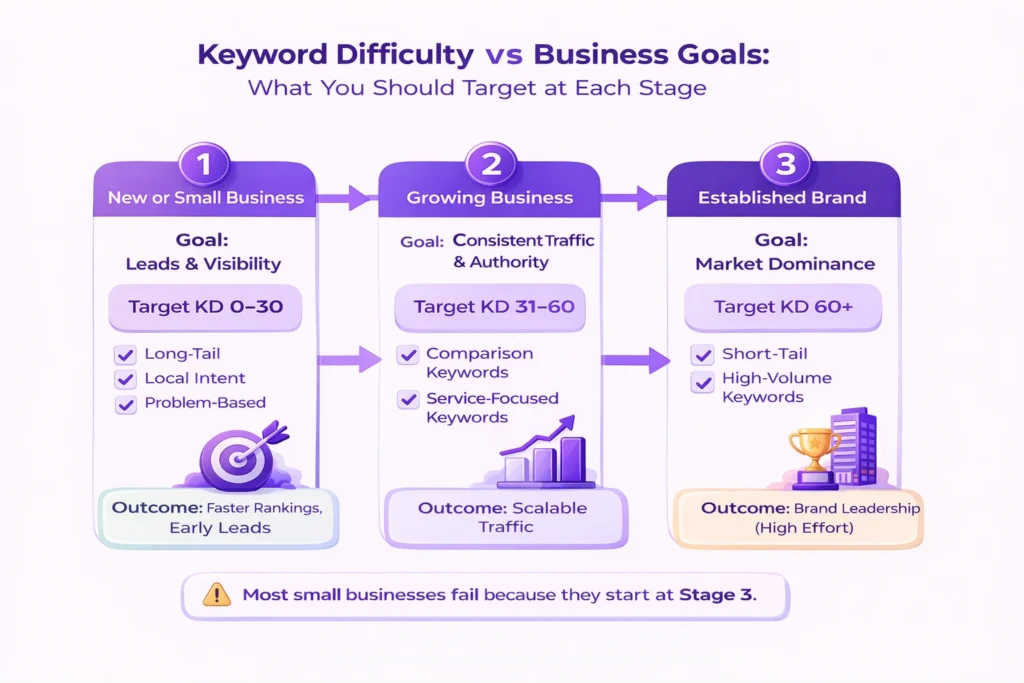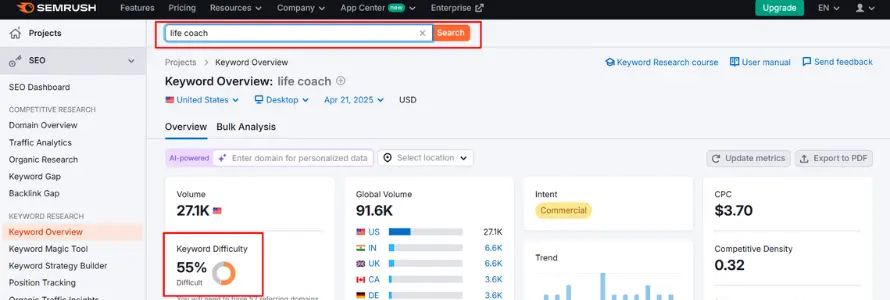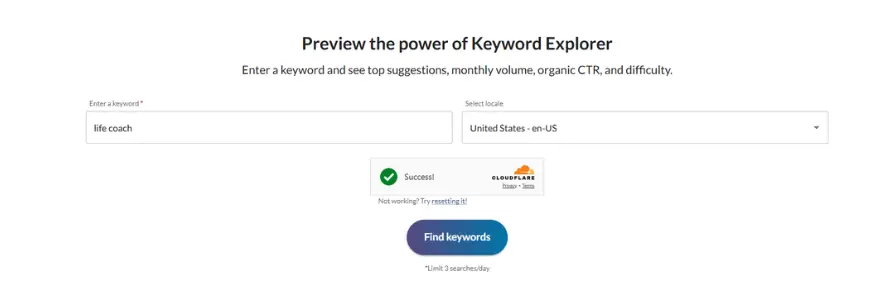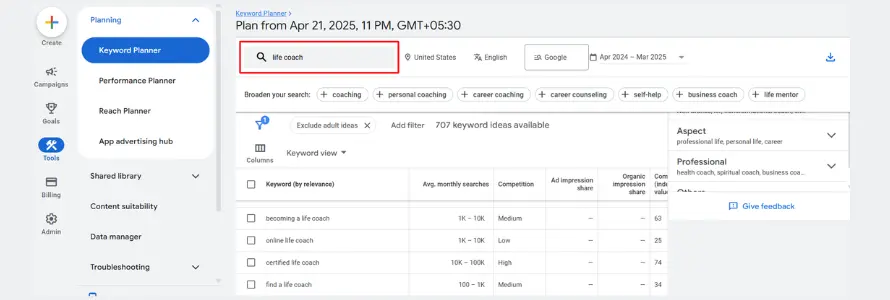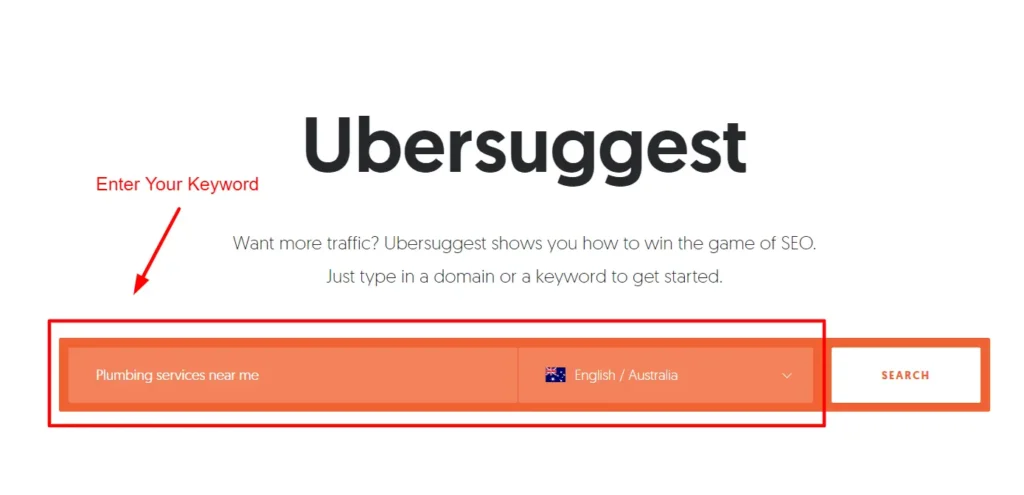7 Lead Gen Ideas for Agents Who Hate Cold Calling
Cold calling isn’t the only way to grow. This guide shares practical lead generation ideas for agents who prefer digital, relationship-driven methods. Learn how to attract the right leads using online presence, email, reviews, and smart follow-up without awkward sales calls.

Priya Sharma
Content Writer
Dec 12, 2025 | 6 min. read

Table of the content
Do you hate cold calling?
You’re not alone.
Most people hate getting random calls from strangers and many real estate agents hate making the calls themselves.
The good news is you can still generate leads without picking up the phone!
There are ways to grow your business and connect with potential clients naturally. These are a few lead gen ideas for agents who hate cold calling.
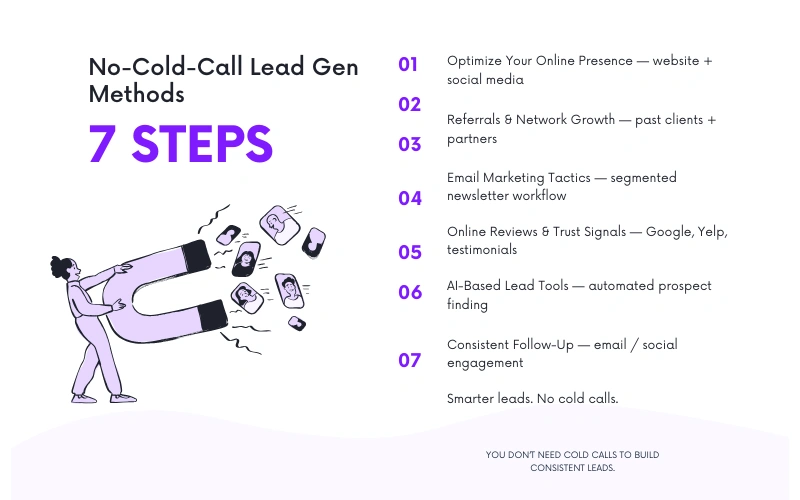
Lead Generation Tactics That Don’t Involve You Cold Calling
1. Build a strong online presence
Most buyers and sellers usually begin their search online.
Make sure your website is easy to navigate and clearly shows the services you offer. Regularly post market updates, tips for buyers and sellers, and neighborhood insights.
Use social media to share these updates and engage with your audience. This approach can attract leads who are already interested in your expertise.
2. Leverage referrals
Referrals are one of the most reliable sources of leads.
Never underestimate the simple action of asking your past clients for recommendations and make it easy for them to share your contact information. You can create a simple email, memorable business card or even a social media message template that makes referring you straightforward and effortless for them.
3. Use email marketing
Email is a direct way to stay in touch without cold calling.
You can create a newsletter that provides useful content like market updates, open house announcements, or buying tips. Tools like Follow Up Boss make it easy for real estate agents to manage contacts, send automated emails, and track engagement. Segment your list so you can send messages that are relevant to each group of contacts.
4. Hire a virtual assistant for outreach
Some agents avoid cold calling by hiring a virtual assistant to handle it for them.
A VA can reach out to leads, schedule appointments, and keep your follow-up organized. This allows you to stay focused on client meetings and closing deals while still maintaining lead generation.
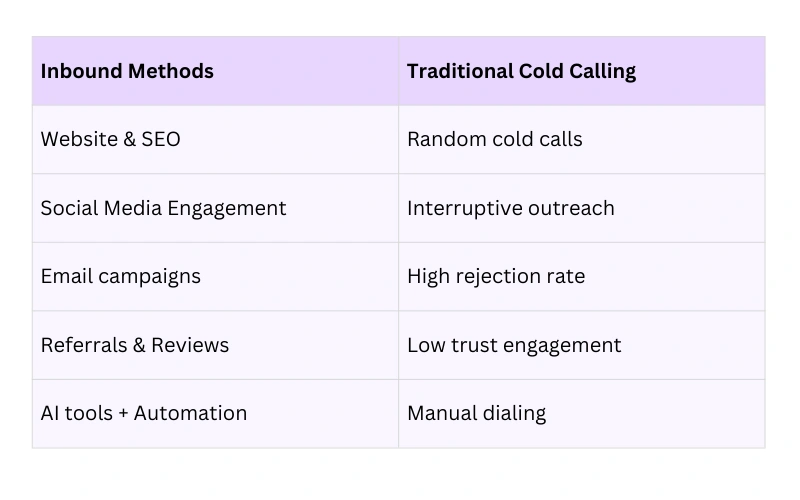
5. Focus on online reviews
Positive online reviews build trust and attract leads without a phone call.
Encourage your satisfied clients to leave reviews on your Google Business Profile, Yelp, or social media and respond to reviews to show engagement and professionalism.
6. Use AI for lead generation
Did you know that there are AI tools which can handle lead generation and follow-up for you?
AI platforms like DealJoy.AI find potential seller leads, send emails, and manage follow-up automatically. This saves you time and lets you focus on other ways to grow your business.
Using AI also spreads your opportunities across multiple sources, so you’re not relying on a single method for leads.
7. Follow up strategically
Following up is important even without cold calling.
Use email or social media to check in with past clients or leads who have shown interest. Consistent follow-up keeps you on their radar and can turn contacts into your clients.
Build Leads the Smarter Way
If you want consistent leads through SEO, content, and smart digital strategies, we can help. Let’s build a system that works without chasing people.
You Can Get Leads Without Cold Calling
You do not have to rely on it to grow your real estate business if cold calling is a real struggle for you.
You can generate leads in ways that feel more natural. Pick the strategies that fit your style and integrate them into your routine for steady results. Just make it a point to stay consistent, trust your approach, and know that with the right methods, you can build a thriving business without ever making a cold call. Goodluck!
7 Lead Gen Ideas for Agents Who Hate Cold Calling Read More »


